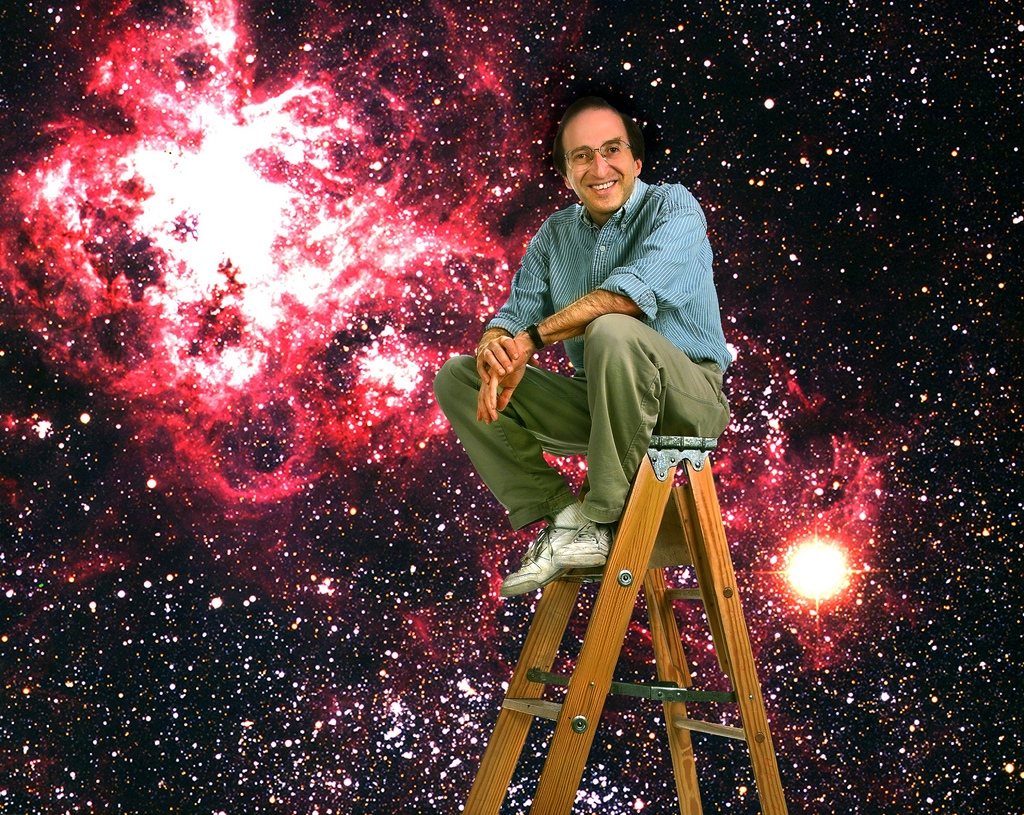Will Cosmologists Save the World? Approaches from Scientific Training Could Shape Public Debates

Cosmologist and Nobel laureate Saul Perlmutter. Photo: Lawrence Berkeley National Laboratory
SAN FRANCISCO—Saul Perlmutter, a Nobel Prize–winning astrophysicist and cosmologist at Lawrence Berkeley National Laboratory, has spent a lot of his time ascertaining how quickly the universe is expanding. But he is also concerned with some down-to-earth issues, like the state of human interactions.
As he watched public discussions unfold in the last decade over big topics, whether political, social or scientific, Perlmutter felt that the way “people make decisions in our society had turned into more of a shouting match than an attempt to actually think through the problems together.”
To contribute to a solution, he decided to work with collaborators at the University of California, Berkeley, to develop a course to teach problem-solving skills such as critical thinking, back-of-the-envelope estimates, and “the calculus of tentative propositions.” Perlmutter had picked up these approaches during his own scientific training, but he felt they were applicable to any group trying to solve problems.
“If we’re going to build and survive as a civilization into the future, we’ve got to learn how people can have conversations and how they can solve problems together.”
The course is part of Perlmutter’s effort to help expand basic critical thinking skills in public education. Using such skills to reason through problems is the best way to help people interact better with each other, he said—whether on scientific or reporting teams or in the halls of Congress.
Perlmutter shared his ideas at the World Conference of Science Journalists 2017 on 28 October in a session titled “A Modestly Grandiose Proposal for How Scientists and Journalists Might Save the World, Up for Discussion.” He examined the value systems around which science is built and questioned the ways in which statements are labeled as true or false in the midst of a world full of noise.
“If we’re going to build and survive as a civilization into the future, we’ve got to learn how people can have conversations and how they can solve problems together,” he said. “And I am hoping these [skills] are part of that.”
For more on Perlmutter’s viewpoints—and the reactions they sparked in San Francisco—please listen to this podcast produced by student travel fellow Amelia Jaycen.
—
Amelia Jaycen is a science journalist launching a career covering physics, energy, materials and engineering. Most of all, she’s interested in the stories electrons tell. She recently earned her master’s degree in journalism and now writes about ocean technology on the east coast of the U.S. Reach her at ameliajaycen@gmail.com.
